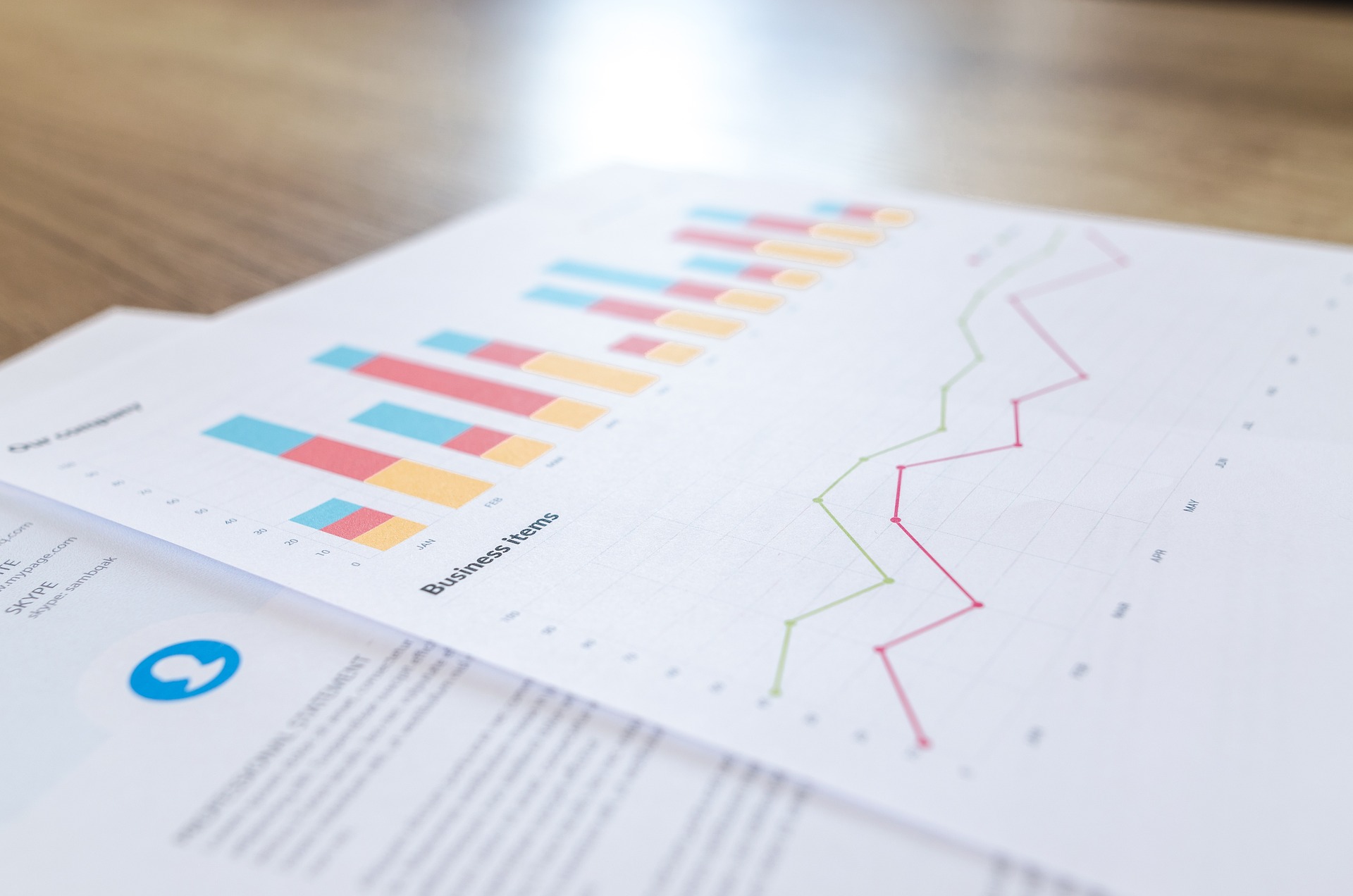Projects
On this page, you will find a diverse collection of projects showcasing my experience in data related consultancy and research. Topics include: process mining, data consultancy, data analysis, data visualization, modeling and research.
Implemented Celonis Process Mining software using data from Infor M3 to optimize Nutreco's business processes, enhancing transparency and efficiency in the Order to Cash and Purchase to Pay processes. Developed and applied KPIs to identify and resolve bottlenecks, streamline manual tasks, and improve overall process execution. This project led to actionable insights, significant annual savings, and working capital optimization.
In this project, we aimed to enable the customer to enhance the efficiency and sustainability of asphalt production. We achieved this by offering in-depth insights derived from the analysis of their production process data. The end product not only enabled our customer to take the next step towards data driven decisions and gaining a deep understanding of the production dynamics but also provided actionable insights for optimizing gas usage, resource allocation, and overall operational efficiency.
In this project I aim to examine the effect of quantity rationing and information rent on the quantity of health provided in a health insurance market. The models simulate different levels of health among consumers, and provide different insurance packages for them to choose from. The introduction of information rent, which allows the insurer to decrease the price of the unhealthy package due to the risk of unhealthy consumers switching, results in a decrease in the quantity provided to healthy consumers, thus limiting adverse selection and increasing total profits.
In this project I analyze a simulated dataset of health data of a population. The project shows a mix of data exploration, data visualization, model estimation and analysis. It shows the basic use of R in data analysis and provides a good example using data analysis as a tool to find insights that are hidden in the data.
This study investigates the relationship between immigration and native-born unemployment, as the rise of far-right political parties has led to anti-immigration sentiments due to concerns about its impact on the labor market. We used three different regression models and found a negative relationship between immigration, GDP per capita, and inflation with native-born unemployment.
In this paper I
investigate to what extent machine learning techniques can predict the cash
flow of the accounts receivable based on historical data at a company of which
the accounts receivable consists of few large value entries and many small value
entries. In this study I compare the performance of SES, ARIMA, LSTM and
Hybrid ARIMA-LSTM models on one company dataset and three synthetic
datasets. The code used for each model and how it was optimized can also be found in the paper.
This paper examines the correlation between the amount of natural resource rents and the diversification of a country's economy. The study uses a fixed effects model and measures diversification through the Herfindahl-Hirschman index, with GDP and GDP per capita as economic indicators. Data from 1995 to 2015 from 135 developing countries and 36 developed countries showed a statistically significant negative relationship between natural resource rents and diversification in both developing and developed countries. The results also indicate a negative correlation between GDP and diversification in developing countries.
Climate change is a growing problem that causes storms, droughts, floods, and a rising sea level. To slow down this climate change countries must reduce their greenhouse gas emission. In this report I will discuss policy solutions to incentivize renewable energy, which will reduce the greenhouse emission in the energy sector. The Netherlands introduced a policy in 2020 changing the energy tax to incentivize the use of renewable energy. But is the change of the energy tax the best incentive to stimulate renewable energy? I will discuss the policy in depth and evaluate the effects similar policies have had in the past years to see if this policy incentivizes enough. Also, I will discuss alternative policies which may work better in achieving the goal of the current policy and compare the effects of policies with the same goal from other countries.








